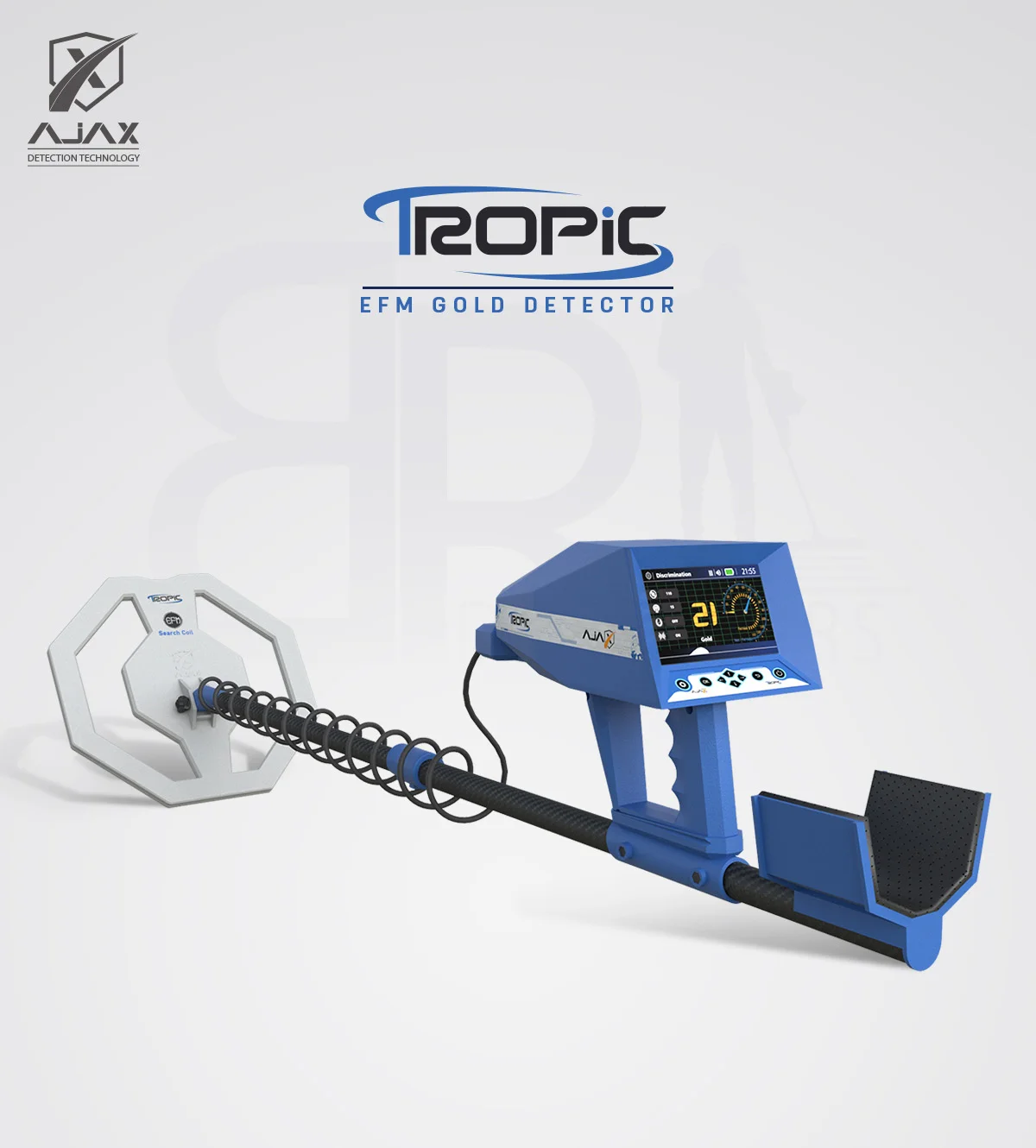Peer to Peer Crypto Exchange Platforms: Pros and Cons
The cryptocurrency market has changed the way people trade, invest, and manage money. Traditional centralized exchanges once dominated the space, but now peer to peer crypto exchange platforms are gaining traction. These platforms allow users to trade directly with one another, without relying on a central authority to facilitate transactions.
In this article, we’ll explore how peer to peer crypto exchange platforms work, their benefits, risks, and whether they are the right choice for you.
What is a Peer to Peer Crypto Exchange?
A peer to peer crypto exchange, often abbreviated as P2P exchange, is a marketplace where buyers and sellers trade cryptocurrency directly. Unlike centralized exchanges such as Binance or Coinbase, P2P platforms remove the middleman.
Instead, users list their offers, negotiate terms, and complete transactions using escrow services for added security. Payments are usually made through various methods such as bank transfers, PayPal, or even cash in person.
How Peer to Peer Exchanges Work
When a trader wants to buy or sell cryptocurrency, they create an order on the platform. Another user can accept the offer if the terms are favorable.
Most P2P exchanges use escrow services to hold the cryptocurrency until the buyer confirms payment. Once confirmed, the crypto is released to the buyer’s wallet.
This system ensures trust between strangers, allowing global transactions without relying on a single centralized authority.
Pros of Peer to Peer Crypto Exchange Platforms
Greater Privacy
One of the biggest advantages of a peer to peer crypto exchange is privacy. Since trades happen directly between users, there’s no need to provide sensitive personal information to a centralized entity.
Lower Transaction Fees
Traditional exchanges often charge high trading fees. P2P exchanges typically have lower fees since there’s no middleman. Some even allow zero-fee transactions between peers.
Access to Global Markets
With P2P exchanges, users are not limited by geography. Traders from different countries can connect, negotiate, and complete transactions using local payment methods.
Wide Range of Payment Options
Unlike centralized platforms that often restrict payment methods, P2P platforms offer multiple options. From bank transfers to digital wallets and even in-person cash trades, users have flexibility.
Better Control Over Funds
In a centralized exchange, your funds are stored on the exchange wallet. If the platform suffers a hack, your money could be at risk. With peer to peer exchanges, users maintain control of their crypto wallets.
Cons of Peer to Peer Crypto Exchange Platforms
Risk of Fraud
Despite the use of escrow services, fraud remains a risk. Scammers may attempt to trick inexperienced traders, making due diligence essential.
Slower Transactions
Since P2P trades involve manual negotiations and confirmations, they are generally slower than instant centralized exchange trades.
Limited Liquidity
Large trades can be difficult to execute on P2P platforms due to lower liquidity compared to centralized exchanges. This makes them less suitable for high-volume traders.
Regulatory Uncertainty
Regulations around cryptocurrency vary across regions. Some governments may restrict or even ban peer to peer crypto exchange platforms, creating uncertainty for users.
Learning Curve for Beginners
Centralized exchanges often provide user-friendly dashboards and tutorials. In contrast, P2P platforms may seem complicated for beginners.
How to Use Peer to Peer Exchanges Safely
Verify User Reputation
Most platforms allow users to rate and review trading partners. Always trade with highly-rated individuals to minimize risks.
Use Escrow Services
Escrow is your safety net. Never agree to trade outside the platform’s escrow system, as it leaves you vulnerable to scams.
Start Small
If you are new, start with small trades to build confidence and understand the process before moving larger amounts.
Double-Check Payment Proofs
Always verify payment proofs carefully. Ensure funds have cleared before releasing cryptocurrency.
Popular Peer to Peer Crypto Exchange Platforms
Some of the most trusted P2P platforms include Binance P2P, Paxful, LocalBitcoins, and Bybit P2P. Each has unique features, payment methods, and regional availability.
These platforms have made peer to peer trading safer by integrating advanced escrow mechanisms, identity verification, and dispute resolution systems.
Peer to Peer Exchange vs Centralized Exchange
While P2P exchanges prioritize privacy and control, centralized exchanges focus on convenience and liquidity. Centralized platforms are better for high-frequency trading, while P2P exchanges suit those seeking flexibility, privacy, and alternative payment methods.
FAQs
Is peer to peer crypto exchange safe?
Yes, it can be safe if you use escrow services and trade with trusted users. However, risks like scams and fraud still exist.
Which is better: P2P exchange or centralized exchange?
It depends on your needs. P2P offers privacy and multiple payment methods, while centralized exchanges provide speed and liquidity.
Can I buy Bitcoin with cash on a P2P exchange?
Yes, many P2P platforms support cash payments, depending on your location and agreement with the seller.
Are P2P exchanges legal?
Legality varies by country. In some regions, they are fully legal, while others impose restrictions. Always check your local regulations.
What are the fees for peer to peer crypto exchanges?
Fees vary across platforms. Some charge a small percentage per trade, while others allow free transactions between users.
Peer to peer crypto exchange platforms have opened up new possibilities for traders worldwide. They offer privacy, flexibility, and global access, making them a valuable alternative to centralized exchanges. However, users must remain cautious of fraud, liquidity issues, and regulatory risks.




